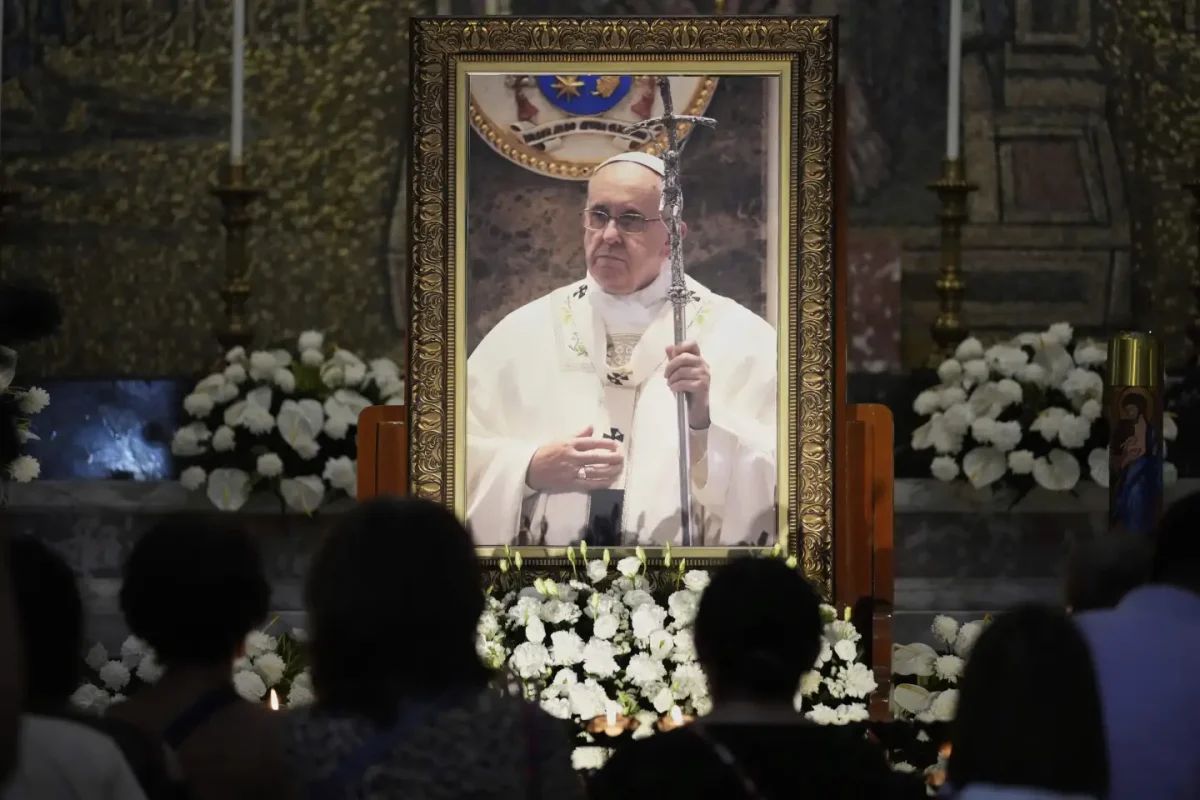To anyone who has ever seen YouTube comments or entered an online forum like 4chan, you can easily see what anonymity can do to people.
Those of you who haven’t, I envy you.
This summer, the use of Internet anonymity was taken even farther, culminating in the hacking attacks of groups like Lulzsec and Anonymous. Focusing on gaming companies for the most part, attacks and threats were made against government websites as well.
These hacker attacks show a greater, fundamental flaw in how we treat the Internet. Perhaps this is because it is still a fairly young technology for the general public. Or, as some people seem to see it, because it is one of the few places where anonymity reigns supreme.
Thanks to legislation like the Convention on Cybercrime, the world may be taking the first steps in the right direction to stopping this kind of problem.
In existence for nearly a decade, this treaty’s main goal was to help bring some law to the Wild West that is the Internet.
With Canada and Australia using it to propose new laws, it is something we will undoubtedly hear more of in the coming years.
Citing ideals like increasing cybersecurity, intercepting crimes and stopping the dissemination of both child pornography and xenophobia, many people still rail against it because of how invasive it is. Simply put, some people just don’t want to have the government watching all of their online activities.
Given the attitude of some people on the Internet, or the darker things people find themselves getting into, it’s not hard to imagine why.
While I personally may not like the treaty’s focus on copyright law, the rest of their goals can easily be seen as the first steps at an international effort to help “civilize the Internet,” as French President Nicolas Sarkozy puts it.
Would it have been nice if people could simply use the Internet without international governments having to monitor it? Of course. Given it had been used correctly, the Internet could have been an ideal place for the meeting of minds and ideas.
However, as always seems to be the case, some people ruined it for the rest of us. With hackers, bot-net operators and malware writers now prevalent on the Internet, surveillance and regulation seem to be the only way to keep it under control.
According to a 2009 study performed by McAfee, an antivirus and computer security company, the costs of groups like this to companies worldwide is over a trillion dollars each year in their effects on sales, productivity and repairs.
Additionally, while the attacks against the CIA’s website this summer may have only been denial of service attacks, we cannot ignore the possibility of people doing legitimate damage or stealing vital information from government computers.
Despite their claims of trying to improve Internet security or fighting privacy infringement, groups like Lulzsec and Anonymous are only bringing about what they aim to prevent.
While the use of the Internet as a source of information and a communications tool is amazing, it is only a privilege, not a right. And as with all privileges, like driving, it should be taken away if it is abused or mishandled.
Personally, I hope treaties like the Convention on Cybercrime ultimately lead to the end of anonymity online. The imagined sense of invulnerability it provides is dangerous in the hands of juvenile and immature individuals.
No two words seem to describe Lulzsec’s or Anonymous’ summer actions better.
Zachary Davis is a 20-year old history junior from Warsaw, Poland. Follow him on Twitter @TDR_zdavis.
____
Contact Zachary Davis at zdavis@lsureveille.com
Failure of Diplomacy: Hackers create problems with online anonymity this summer
September 1, 2011





